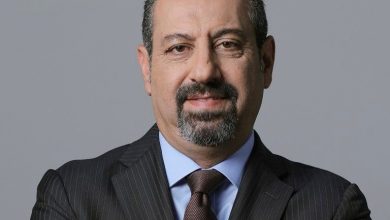FG seeks institutional framework to address money laundering


Money laundering is a pervasive issue in West Africa, posing significant threats to the region’s economy and stability. With its weak regulatory frameworks, corruption, and prevalence of informal banking sectors, West Africa has become an attractive destination for criminals seeking to legitimize illicit funds. Money laundering schemes, such as trade-based money laundering, are commonly employed to mask the origin of dirty money. These unlawful activities not only undermine the integrity of financial systems but also perpetuate poverty, hinder development, and foster organized crime networks.
According to Global Financial Integrity, illicit financial flows from developing countries grew by 10.2% between 2002 and 2012. These flows originate from several sources such as revenues from illegal activities, tax avoidance, abusive profit-shifting, trade mis-invoicing, corruption, and others. According to estimates, the West African sub-region sees US$ 50 billion disappear every year. And these are financial resources that the countries involved cannot put to good use for the development of domestic investments.
Read Also : Microsoft stock surges to all-time high after hiring former OpenAI CEO
To address this, the federal government has called on the Action Group Against Money Laundering in West Africa (GIABA) to develop an institutional framework for the enforcement of financial crimes regulations in the sub region. Mr Lateef Fagbemi, SAN), the Attorney-General of the Federation and Minister of Justice, made the appeal at the inauguration of the 27th Meeting of the Ministerial Committee of GIABA, in Abuja.
Fagbemi, who is also the Chairman of GIABA Ministerial Committee, said member countries should prioritise their national systems on Anti-Money Laundering and Combating Financing of Terrorism. According to him, doing so would enable the countries to push their national institutions to perform to the highest of their capabilities and achieve progress in financial crimes control.
Fagbemi said, “Our collective commitment to put in place legislative policy and institutional frameworks is necessary to protect the integrity of our financial systems from threats of money laundering, terrorist and proliferation financing. “As we come to the close of the second round of mutual evaluations, I believe we need to take some time for introspection and an assessment of where we have fallen short.
“In particular, looking at the effectiveness of our AML/CFT/CPF frameworks, it is clear that across the region there is significant room for improvement. “As we begin preparations for the next round of mutual evaluations, our goal must be to greatly strengthen results and outcomes being achieved by our regulatory, supervisory, law enforcement and prosecutorial authorities. “We must ensure we go beyond just focusing on technical compliance, to a results-based approach; this will require more efforts and resources than we have deployed so far.” He said.







